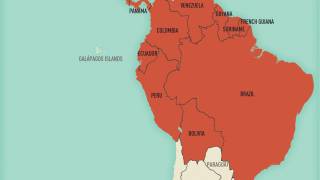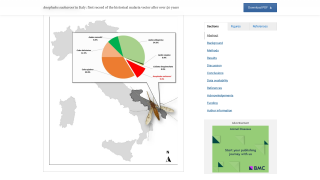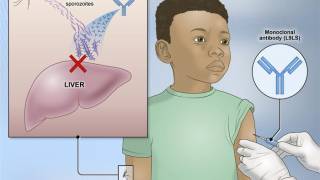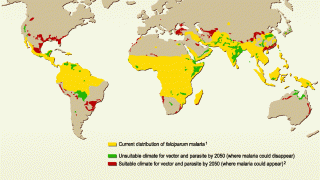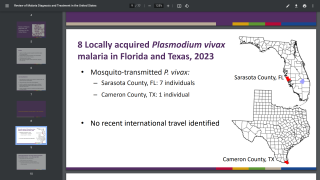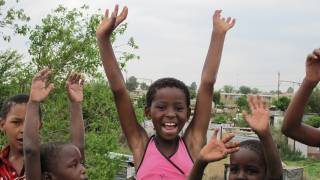Malaria Vaccine Needs a Boost

The World Health Organization (WHO) estimates that 214 million new cases of malaria and 438,000 malaria deaths occurred worldwide in 2015. Children are particularly susceptible to infection and death; 306,000 malaria deaths were recorded in this age group in 2015.
Common symptoms from malaria include high fever, chills, flu-like symptoms and severe anemia.
The world’s first malaria vaccine, called RTS,S, faces new challenges as time pass by. According to a recent study, the RTS,S vaccine needs a boost as the effectiveness fades over time.
“Overall our study shows that RTS,S can benefit children, but suggests that a fourth dose may be important for sustaining this protection over the long term,” Dr. Ally Olotu, lead author of the research published in the New England Journal of Medicine, said in a news release.
“This publication is important because it’s the longest follow-up we’ve seen so far, and it confirms what we already know,” said Ripley Ballou, head of the GlaxoSmithKline global vaccine U.S. research and development center.
RTS,S, which is injected into a baby’s thigh muscle, is intended to protect against malaria caused by the Plasmodium falciparum parasite.
Our Trust Standards: Medical Advisory Committee











